Ever since Bruce Franks Jr. witnessed his 9-year old brother’s death, he has been forced to carry on personal trauma for nearly 30 years. The death of Michael Brown which happened in Ferguson, Missouri back in 2014 put the city on the map known to the whole world as a place of police violence against black people. After that day, Bruce Franks Jr. began his journey in becoming the St. Louis Superman. After days of being active in the community and battling other rappers to get his message across, Bruce Franks Jr. has done for his community in which no black man has been able to do before him in the state of Missouri. Bruce Franks Jr. became an elected state representative under the leadership of the Republicans where millions of dollars went to set up a Summer Jobs Program in his district. The story of Bruce Franks Jr. is an inspirational journey that was motivated by much pain and trauma. FERNTV spoke to co-director Smriti Mundhra who was given that one and only chance to tell that story of the St. Louis Superman during the Hot Docs Canadian International Documentary Film Festival in Toronto.
Smriti Mundhra: I stumbled upon the newspaper article about Bruce around October 2017. At the time, many of us were feeling despair over the results of the 2016 election, and hopeless about the future of democracy in America. Reading Bruce’s story, and seeing the change he was impacting on a local level, just felt like an antidote to everything we saw in the national news media.
FERNTV: There was a very small window of opportunity for you to convince Bruce Franks Jr. to make this documentary film alongside you two (meaning directors), what do you think his reasons were from changing his mind to not doing documentaries to doing them with you two?
Smriti: We first had to win over Bruce’s legislative aide and best friend, Danielle Spradley. Once we were able to convince her that we were legit, and earnest in our intentions, Bruce agreed to meet with us. The first day we met, in St. Louis, things must have gone pretty well because he allowed us to start filming, and the rest is history.
FERNTV: Now that the film is finished and travelling the film circuit, what does Bruce Franks say about the film now?
Smriti: He loves the film and has said at every opportunity that it is an accurate portrayal of his life and work, and captures his dimensionality. But Sami and I can only take so much credit for that: the authenticity in the documentary is really a reflection of the fact that we always considered Bruce our partner in telling his story, rather than our subject. Bruce decided the narrative, we just helped to craft it.
FERNTV: The division between races is certainly one of the themes that run through America today but you see all people of colour getting behind Bruce Franks Jr. What does that tell you about this city and the country as a whole?
Smriti: It tells me that unity is possible if we do the rigorous work it takes to truly understand each other, rather than just sweep our differences under the rug in favour of meaningless platitudes. Bruce is effective at bipartisanship because he listens to those whose experiences are different from his, and inspires them to listen to his perspective while remaining honest and unapologetic about who he is. I have seen him speak to white Republicans, battle rappers, reformed felons and privileged prep school kids, and his message never changes. His empathy and consistency are why his message resonates across racial and political divides.
FERNTV: Did the rap battles that you filmed have more an impact on you as a director than ever before?
Smriti: Absolutely. Battle rap is a vibrant platform for communication and persuasion. It’s an art form that makes up a vast sub-culture, and it should be respected as a vital form of debate.
FERNTV: Were there many places during your shoot where you had to apply for access to film and talk about that experience?
Smriti: Nope. We are independent documentary filmmakers – we don’t ask for permission, we ask for forgiveness.
FERNTV: What are your thoughts on the current state of Ferguson now that Bruce Franks Jr. has made that major change for his community?
Smriti: Despite the rise of Bruce and other activists from the streets of Ferguson to the halls of the legislature, economically distressed and excessively policed areas continue to face many challenges. Ferguson is where the modern civil rights movement really took off, following the death of Michael Brown, but by no means have all the city’s problems been solved after Bruce was elected to office. It will take decades to dismantle the systems that were designed to oppress Black Americans, but – in the meantime – Bruce’s journey can offer some hope.
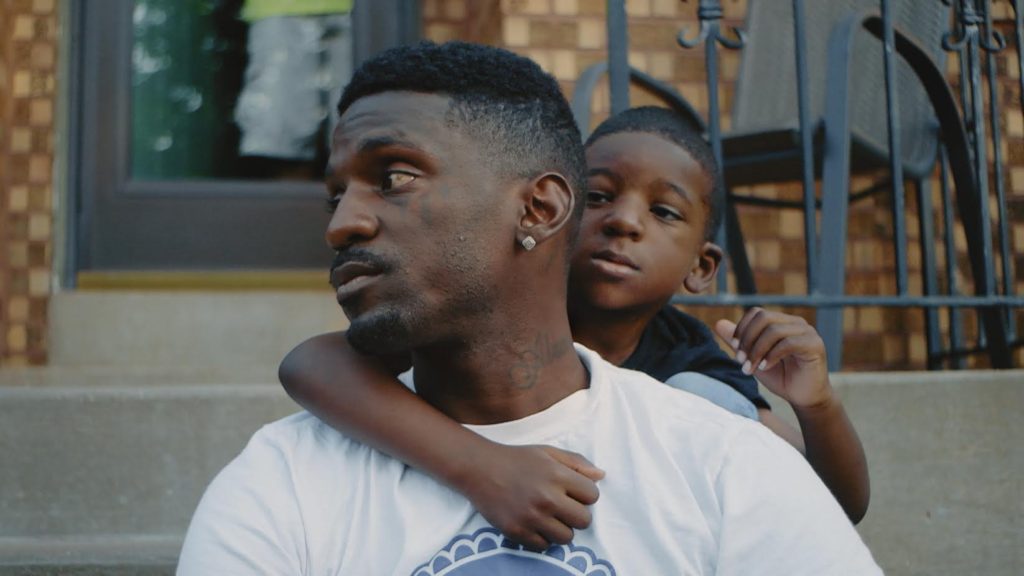


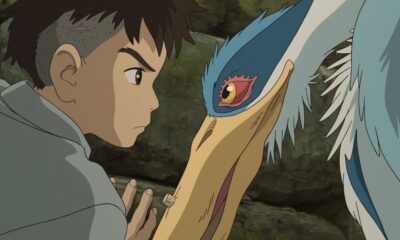

 BIPOC4 months ago
BIPOC4 months ago
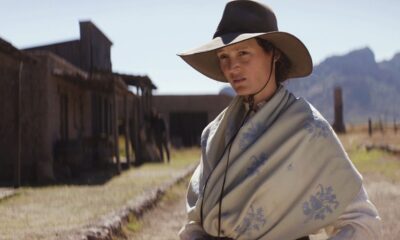

 TIFF 20238 months ago
TIFF 20238 months ago


 ACTORS/ACTRESSES2 months ago
ACTORS/ACTRESSES2 months ago
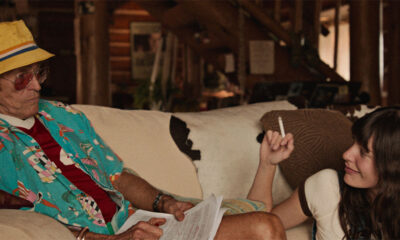

 Uncategorized8 months ago
Uncategorized8 months ago
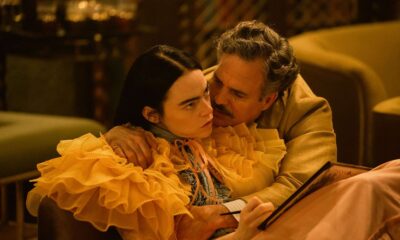

 ACTORS/ACTRESSES3 months ago
ACTORS/ACTRESSES3 months ago
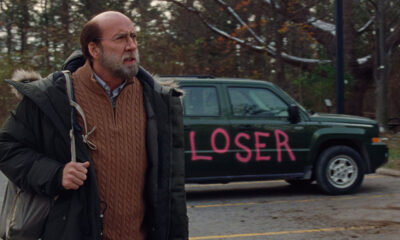

 TIFF 20238 months ago
TIFF 20238 months ago


 Uncategorized9 months ago
Uncategorized9 months ago
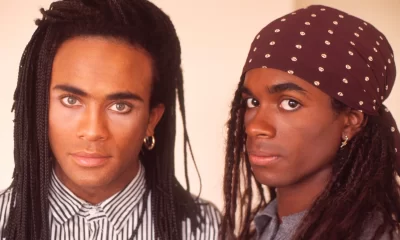

 TRIBECA 202311 months ago
TRIBECA 202311 months ago

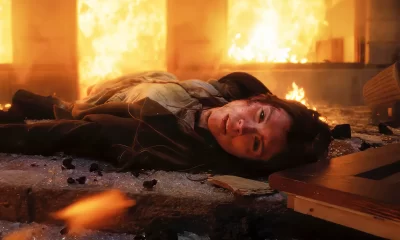

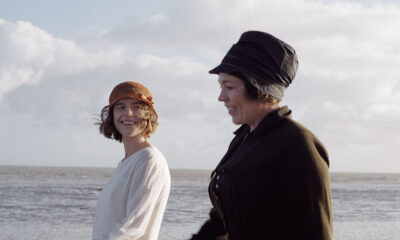



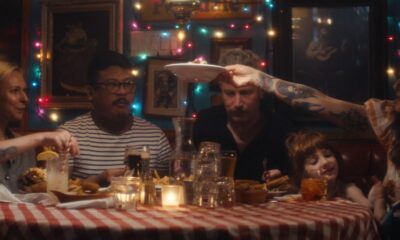

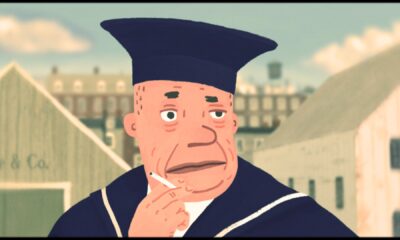

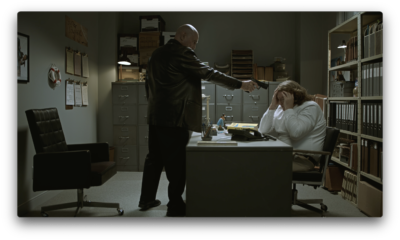




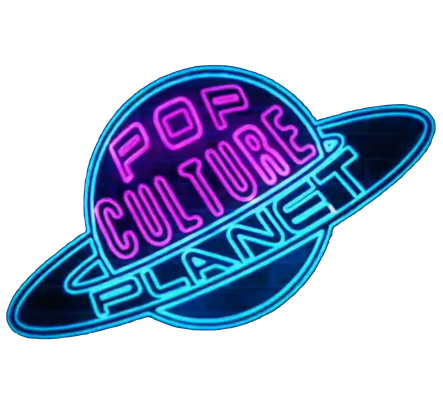
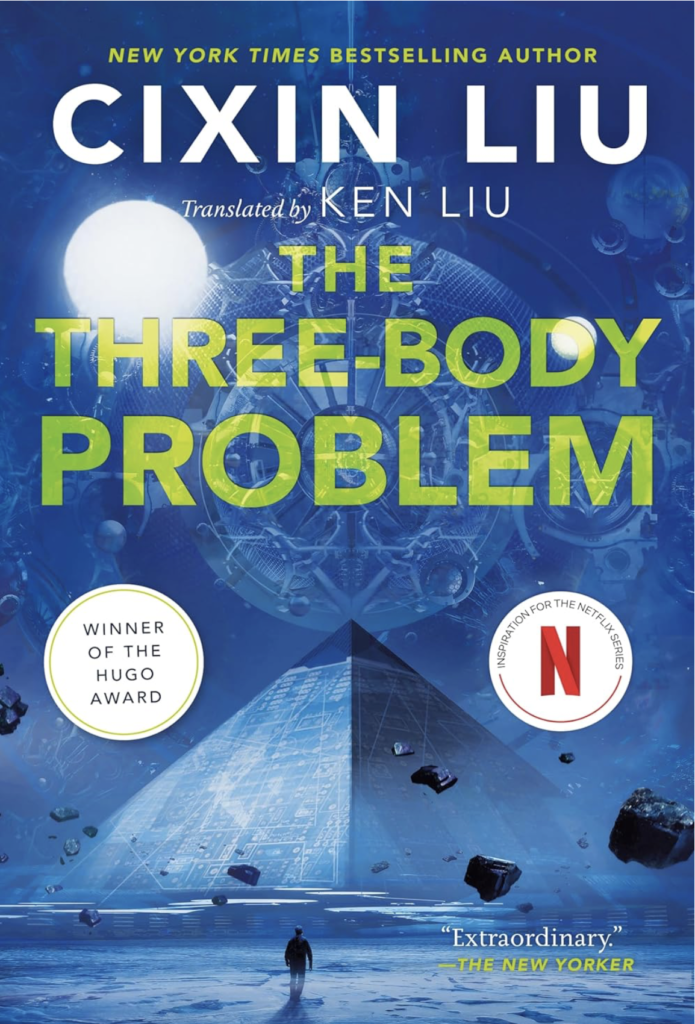
Pingback: buy marijuana online